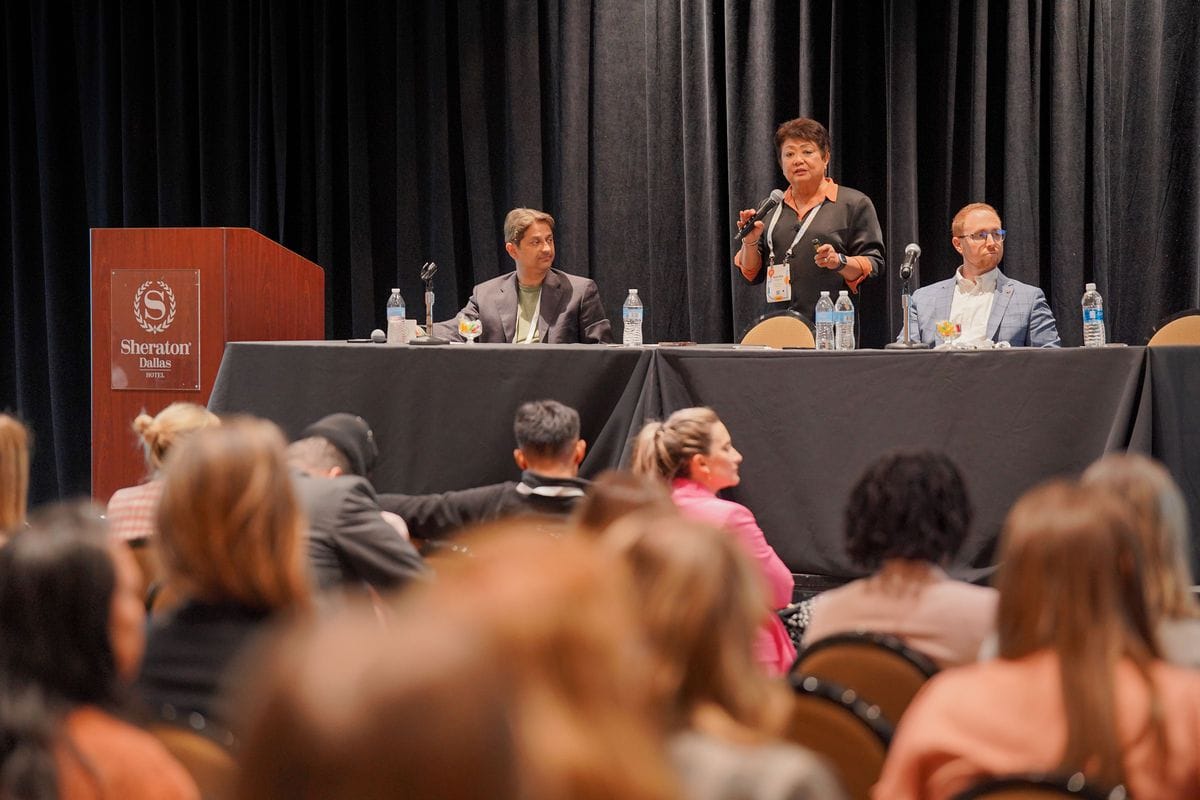The always-evolving battle with breast cancer requires a wide range of patient knowledge, something that a 35-year clinical research profession has dedicated herself towards.
Nadina Jose, MD, has been in the trenches for decades in the biopharma industry, working worldwide for companies like Allergan and Sanofi. Jose’s journey has now led her to consulting with startup companies on clinical operations, strategy development and implementation of clinical trial strategies, something she knows the importance of first hand after her breast cancer diagnosis in 2016. Along with her current consultations, she is also teaching the next generation of researchers as an Assistant Professor at Rutgers University.
The current and future of clinical research, Jose said, starts with clinical trial methods that address participation of underrepresented populations. Investment in physicians and participants for trials provide "a larger catchment area and access" to those who could benefit from their data being seen. For populations such as the African-American community, Jose stresses that education allows for greater trust in the medical system, letting people know there are more "checks and balances" than before that are followed globally. Many current medications, as well as medical device usage, are based on overly Caucasian participation in clinical trials, something Jose strives to change.
"One of the things that is a big focus of my research is really, how do we get the under-served population to want to participate … not just the patients, but the physicians themselves?," Jose said. "Because if we don’t have enough physicians that are willing to conduct trials, how are we going to have access to patients?"
Increasing willingness of participation requires authentic community outreach, which Jose is privy to through her work with the American Cancer Society (ACS) and its Voices of Hope program. Jose was nominated to work in the program, which empowers cancer survivors to share their personal stories and be a "highly visible model of personal victory." Coming from the point of view of a patient herself, Jose is able to add her valuable insight to create awareness in clinical trials, as well as the importance of early cancer screening and detection. She is careful about "making promises you’re not sure you can keep," but wants underrepresented populations to know that there is a wide variety of care options available, particularly with updated technologies.
"It’s a whole new process about how [we are] going to not only create awareness about what exists for the patients, but also create that desire in them to want to know more," she added.
Not just reaching out to patients, Jose is able to speak physician-to-physician about the importance of inclusivity in data collection. Consulting research sites on how to conduct clinical trials, she wishes to take the "labor-intensive process" and readjust physician attitudes to become more accountable in their diversity.
"It is tedious, it means you need to gather data in the right way," Jose said of clinical trials. "But now, because we have [new methods], like the use of electronic records, the use of AI platform-based systems, where you can gather data at the point of care from the patient, all you need is a really good infrastructure that can be put in place at your clinic … by leveraging that technology and having a hybrid approach."
Jose’s work with the ACS also includes being a committee member for the organization’s "Making Strides Against Breast Cancer" walk, which begins at the Santa Monica Pier at 8 a.m. Saturday. Initially a volunteer in the walk, she became more involved in order to show those with breast cancer that "they’re not alone."
"There’s a huge community of supporters that are out there and information that’s available to you … it’s really to allow people to be exposed to all the other things that they could learn about the disease … what other help they can have access to," she noted.
The information also applies to women who haven’t been afflicted, as Jose is an advocate of early prevention and yearly screenings for breast cancer.
"[I’m] really getting women to not be afraid, because unfortunately, I’m still coming across women [saying], ‘well, what I don’t know won’t hurt me.’ I said ‘no, but you don’t know [what] will hurt you.’"
Each year, the walk has increased in donors and participants, with the ACS having raised $176,643 for the 2023 event. For more information on the 2023 walk, visit the ACS events page at acsevents.org.


